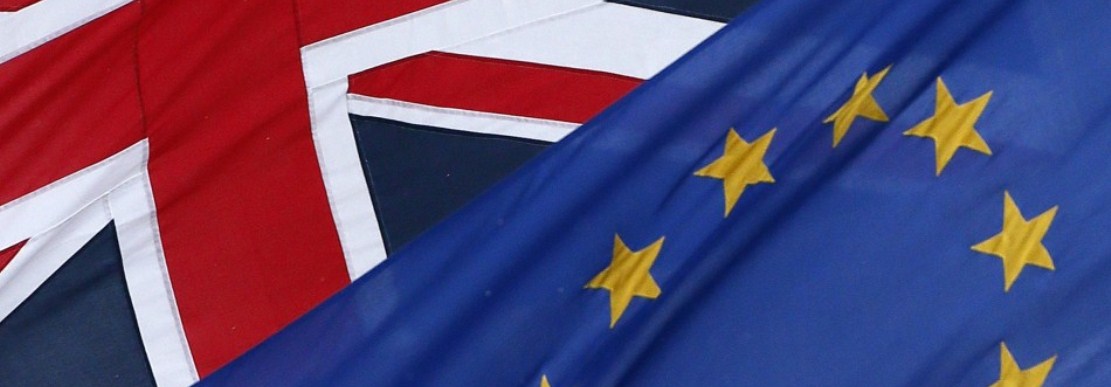By Dr Carmen Stoian
On 23rd June, Britons are asked to make a decision that will affect the lives of generations to come. To be or not to be in the European Union, that is the question. The truth is, there is no easy answer to this question. There is much more at stake than just economic prosperity or personal and national security. It’s about the UK’s standing in the world, sovereignty and national pride and all that very important British identity.
The Remain Campaign has emphasised the economic benefits of staying in the EU, or better said, the cataclysm that the economy would face, should the UK leave the Union. Jobs associated with exports to the EU, tourism from the EU, or foreign investment from the EU would be lost, as trade and investment would be reduced as a result of increased tariffs or other barriers. Consumers would face higher prices and hence worse standards of living as a result of tariffs on imports from the EU, which is the main trading partner of the UK at present. Businesses will find it more difficult to attract talent in the absence of access to the Single Market, which includes freedom of movement of labour. Firms would also find it difficult to plan for the future, due to the uncertainty of the nature of the new business relationship between the UK, the EU and other trade partners such as the US. All in all, the UK will face years of uncertainty and recession that will negatively affect standards of living and national competitiveness.
The Leave Campaign has argued inter alia that following a Brexit, the UK would regain sovereignty and control over important matters such as immigration, for example. The negative impact of immigration from the EU has been highlighted continuously in the press and the ‘recent’ EU incomers have been held responsible for many ‘evils’ in the UK society. In a nutshell, freedom of movement within the EU has allowed thousands of Eastern European citizens to look for jobs in the UK, get in work and out of work benefits or settle in the UK. They are thus responsible for taking jobs from the locals, draining financial resources, putting pressure on infrastructure and public services such as schools and hospitals and perhaps even changing the very identity of Britain.
What the Leave Campaign fails to acknowledge is that prior to the financial crisis, this influx of Eastern European workers contributed positively to economic growth in the UK. They usually take jobs that locals do not want to take because of low pay or poor working conditions. They also take jobs where there is a skills shortage in the UK, and it is crucial that these vacancies are filled. Many British hospitals and universities are proud employers of hard working Eastern Europeans and other European citizens. Moreover, Britain has recently negotiated important changes within the EU, so that new EU incomers do not abuse the system of benefits – so staying in the reformed EU would address this concern. Staying in the EU would also provide the UK with the voice to negotiate within the EU further reforms that address Britain’s concerns over the impact of EU membership on its national interest.
So how would the ‘world’ look like if the UK left the EU? The UK would regain its sovereignty, its voice and some control over some important matters, indeed. But, she will lose economic competitiveness and will have to compete against the EU in the global market. Moreover, having been part of the European Union family for decades, the UK would have to learn to stand on its own feet again. In an ever interdependent world, she would have to find its voice very fast and would have to renegotiate trade and investment agreements with the EU and all its other strategic partners. This would need many hard-nosed negotiators, as well as buckets of patience and time.
Britain would be Britain, but Britain alone, rather than a European (Union) political and business partner. Its standing in the world would suffer, as she would not be able to benefit from the political and economic ‘clout’ of the EU. Even more, Scotland might decide to rerun its referendum over ‘Independence’ and should the outcome be ‘Yes’, Scotland would most likely leave the UK. Besides the negative impact on the British economy, that would be, indeed, an unprecedented shock to British identity and national pride.
So, yes, on 23rd June, there is so much more at stake than just prosperity…
Dr. Carmen Stoian, Lecturer in International Business, Kent Business School, University of Kent
